
I am really happy today to be talking to Imogen Matthews who lives in the beautiful University town of Oxford. Before she wrote The Hidden Village, she published two romantic fiction e-novels under her pen name, Alex Johnson. The Hidden Village is published by Amsterdam Publishers, based in the Netherlands.
Can you tell us a little about yourself?
Writing has been a big part of my life for a long time, both in my career as a journalist, report writer and as a novelist. I’ve self published my first contemporary fiction novels under my pen name, Alex Johnson, which draw on my experiences working in the beauty and perfume industry. I love taking different aspects of people I’ve met along the way and creating characters that hopefully are not too recognisable!
My historical fiction novel, The Hidden Village, was a new genre for me and I knew I wanted to have it published under my real name. That dream came true for me a year ago when I signed with Amsterdam Publishers who have been instrumental in turning the book into an international Amazon bestseller.
Do you plot your stories or do you write and see where it takes you?
When I’m working on articles and reports I’m incredibly disciplined and know exactly how to plan out what I’m going to write. It’s much easier if you write to a template, but if I were to do the same when writing novels, they’d be a disaster.
I usually start with the germ of an idea and perhaps I’ll scribble out a few notes on the characters and episodes I want to include. Then I’ll plunge in and let the writing and characters guide me through the story. It’s a wonderful thing when my writing takes me off in a different direction I hadn’t first thought of, though I’m careful to rein in anything I think really won’t work. I’ve learnt that all that matters is to get the first draft down. It doesn’t matter if it’s not right – it won’t be, but that’s when it gets really interesting, piecing together the jigsaw through editing, cutting and embellishments to turn it into a narrative that takes the reader (and me!) on a journey.
What is the best part about writing, and the worst?
When it’s going well, there’s nothing like it and the ideas and words just flow onto the page. Inevitably, I’ll hit a difficult patch which can be so frustrating. I try to solve the problem as I go along, but sometimes it’s best to leave it to one side and move onto a new chapter. I sometimes wish I could be one of those people who can churn out one or more novels a year, but I need time to let the story develop and move along at its own pace.
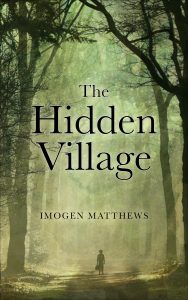
I am text block. Click edit button to change this text. Lorem ipsum dolor sit amet, consectetur adipiscing elit. Ut elit tellus, luctus nec ullamcorper mattis, pulvinar dapibus leo.
Tell us about your novel “The Hidden Village”
The Hidden Village is a novel based on a forgotten part of history that took place in Holland during World War 2. The village itself was buried away deep in the Veluwe woods far from prying eyes, but so too was this story, which I’ve felt compelled to bring to light.
The idea for The Hidden Village came from one of my frequent cycling holidays in the Veluwe woods in Holland. A few years back, I was cycling with my husband along one of our usual routes when I spotted something I hadn’t seen before in all the 20 years we’d been visiting. It was a memorial stone at the side of the cycle path dedicated to the local community who had pulled together and helped create a village for Jews and other refugees from the Germans who occupied Holland in World War 2. We went on foot into the woods to investigate and came upon three underground huts, reconstructions of the dwellings that had stood on that spot. The huts were almost invisible with their roofs covered in bracken and branches. Inside they were dark and cramped. It was hard to imagine how families and strangers shared this space for months on end. I came away with my skin tingling at the realisation of what these huts represented.
Back home, I went online to search for information and found very little. Eventually, I tracked down a bookwritten by a Dutchman in 1975, called Het Verscholen Dorp (transl. The Hidden Village). It contained detailed descriptions of events leading to the founding of the village, along with pictorial diagrams, interviews with people who had survived, relatives and others living in the area who were able to throw light on events.
It took me nearly nine months to work my way through this book with the help of Google translate. During this time I began to formulate my ideas for a novel and the fictional characters based on people living there at the time.
I also had another source of inspiration – my Dutch mother, who had lived through the German occupation and suffered terribly during the Hunger Winter, facing near starvation. Despite the hardships, she often used to recount thrilling and extraordinary stories of what it was like to be a young woman living during the war and these provided important and historical authenticity to my writing.
For this reason, my main characters are young people as I wanted to explore how they coped with the constant fear and danger of war and how it affected their friendships and loves, as well as the excitement in being caught up in a real life adventure.
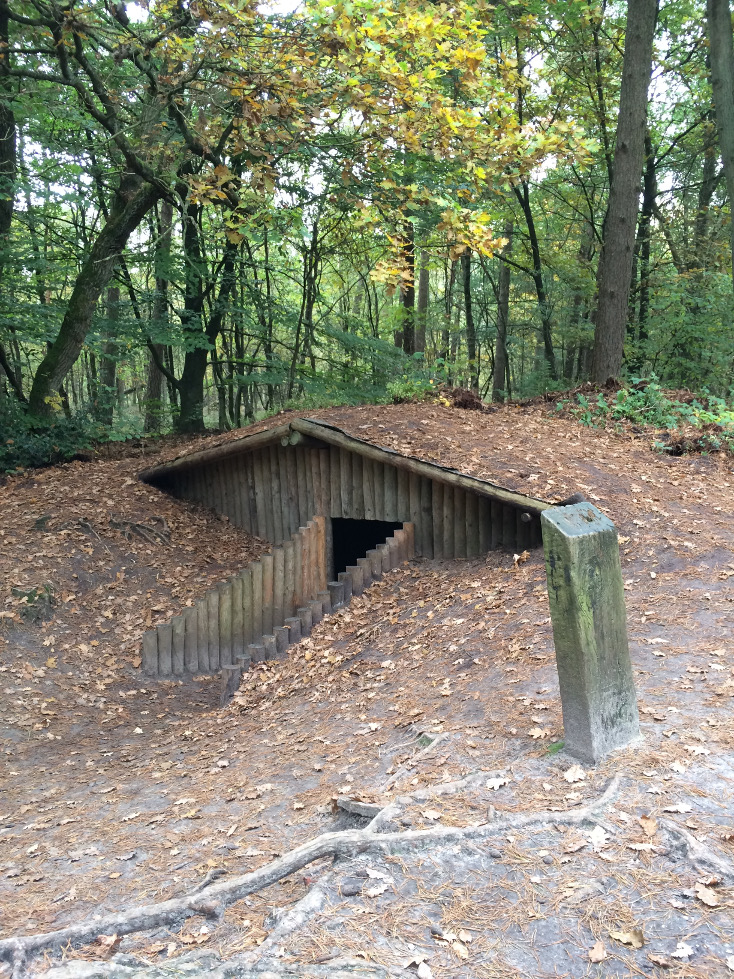
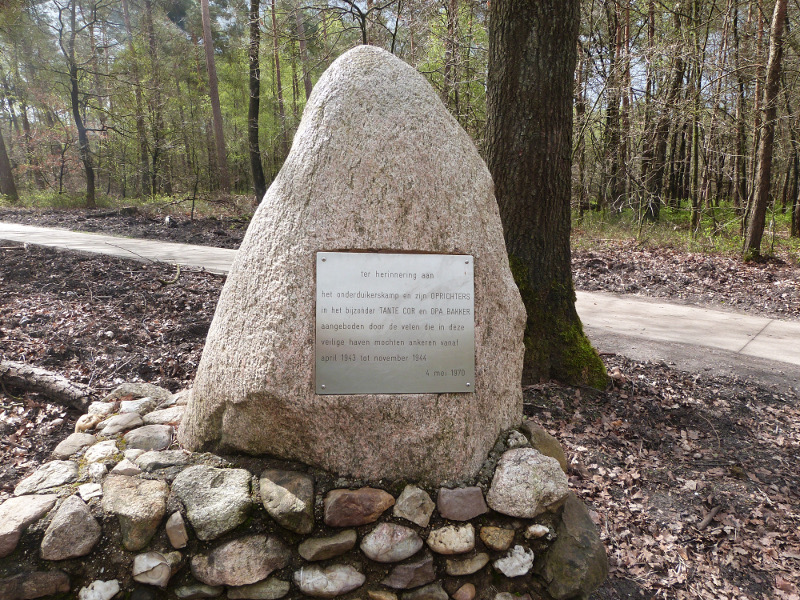
What are you currently working on? How long before release?
The story of the hidden village resonated so strongly with me that my next book picks up in this same place but with new characters who have moved centre stage. The story is moving towards its conclusion and will need a lot of tweaking and editing. The publication date is scheduled for early 2019.
What are you currently reading?
I’m a great fan of Anita Shreve who is one of my favourite authors. I’m reading one of her early books, A Change of Altitude. Once again, I’m struck by the effectiveness of her use of spare language -she uses half a dozen words where other authors write pages. Whenever I read one of her books, I find my own writing seems to become more fluid.
Which authors and novels would you recommend?
Naturally, Anita Shreve. I also greatly admire Rose Tremain who is a great story teller and has the ability to write in different genres and characters as if she were that person living that life.
Do you have any advice for aspiring authors?
If you love writing, do it and don’t worry about getting published. You’ll know how committed you are when you start to plan your life around your writing rather than making excuses for not having the time to write. In order to get there, set aside a little time every day -even 15 minutes – and you will be amazed by how the words build up into chapters and eventually a novel.
How important do you think social media is for an author?
It’s really vital these days because authors are part of an intensely competitive marketplace with thousands upon thousands of new releases every year. There are no right or wrong answers, but if you find a platform you enjoy using (eg Twitter, Facebook, Pinterest), focus on that. In my experience, don’t try to take on too much, as it can be incredibly distracting and not particularly useful in building awareness for your book.
Book bloggers are a godsend and can be invaluable allies to authors. Writing is a solitary business, but having someone who offers support and encouragement is wonderful. I was fortunate to meet Jessie Cahalin (@BooksinHandbag) on Twitter just over a year ago as she was starting up her book blog. She’s been a terrific support to me and I very much enjoy engaging with her and her own writing as well as the many interesting and varied authors on her site.
What do you enjoy doing when you are not writing, marketing, or being involved with your book business? Do you have any hobbies?
I love running and am an active member of my local running club. It’s helped me keep fit and stay sane and a great contrast to sitting at the computer. I’ve recently got into our local Saturday morning Park Runs with my husband (who got me into running in the first place) which are sociable and a great way for people of all ages (and even dogs) to keep fit. I also do a yoga class twice a week and love to go on yoga holidays – but that doesn’t happen very often. All this exercise leaves me hungry, so I like to get into the kitchen and cook – I’m currently obsessed with Middle Eastern cookery and have a bookshelf of dedicated books.
The Hidden Village
Since publication in May 2017, The Hidden Village has been riding high in the Amazon charts where it has achieved best seller status in the US and UK. It also has a strong following in Australia and Canada. The Hidden Village is available as an ebook and paperback and can be read for free on the Kindle Unlimited scheme.
You can catch up with and contact Imogen with the buttons below.
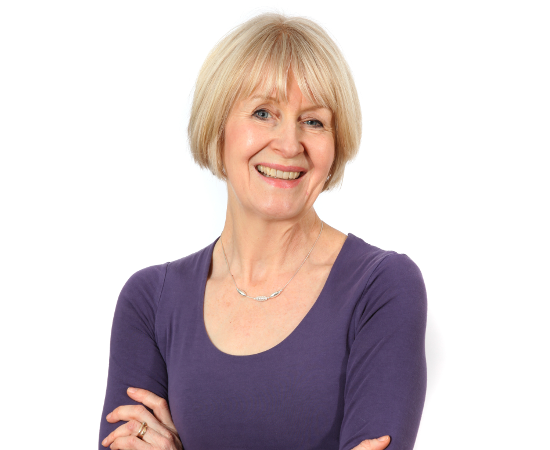
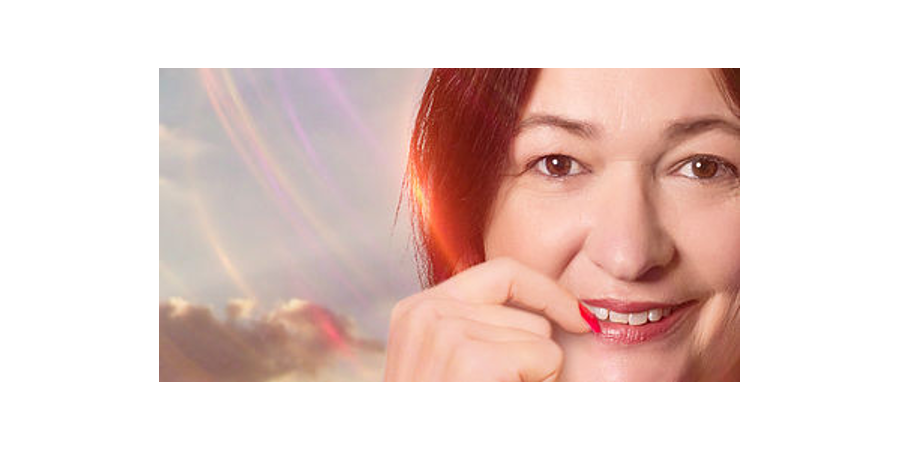
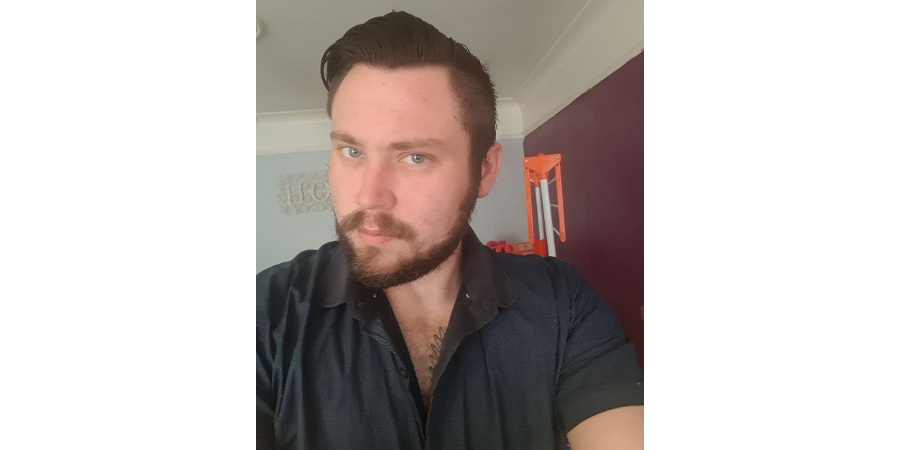
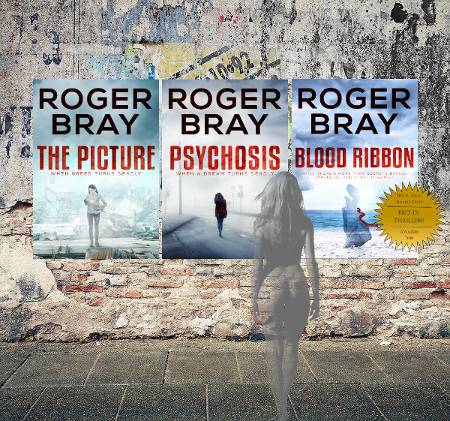
Lovely interview. It is so kind of Imogen to mention me. I thoroughly enjoyed Hidden Village – a haunting, moving story.